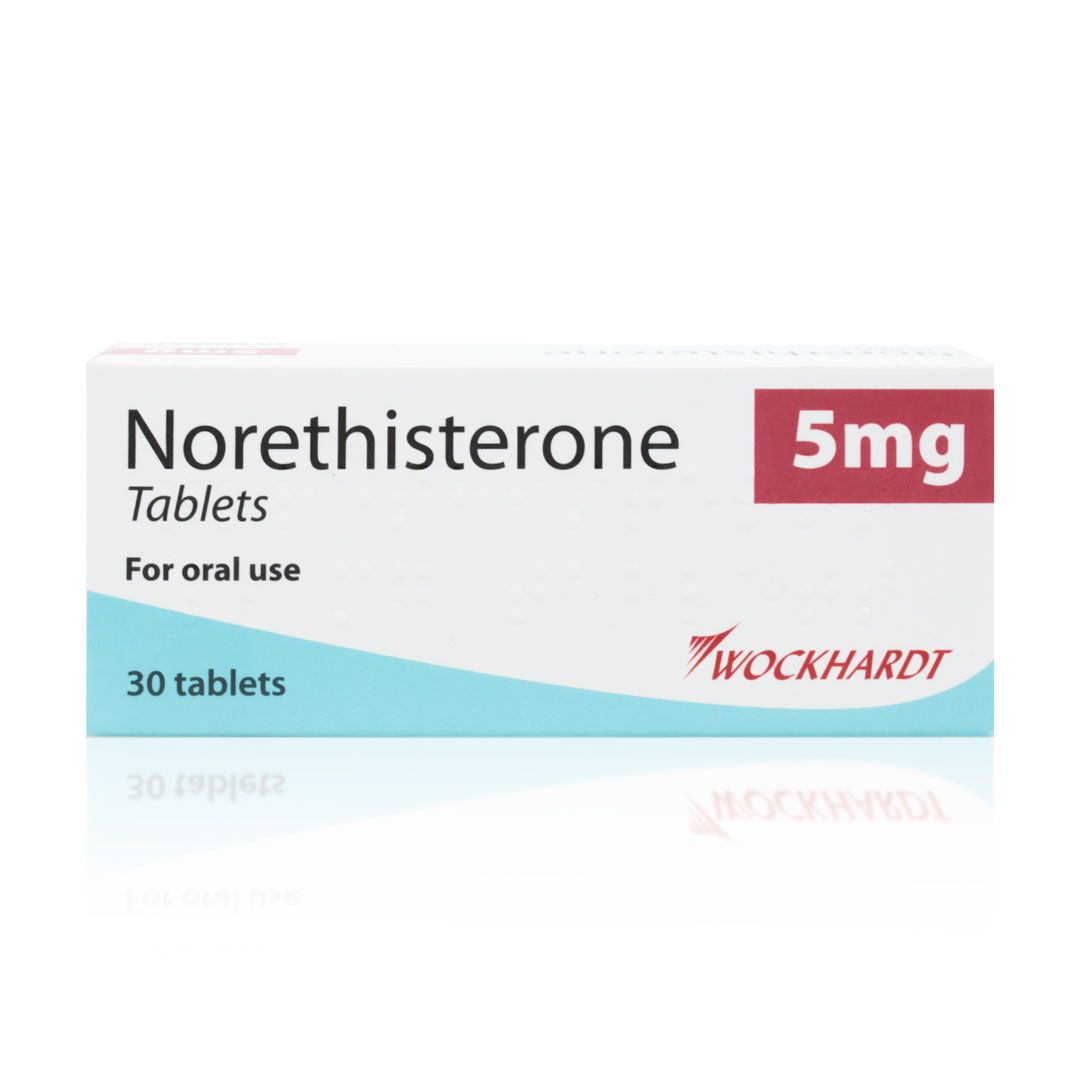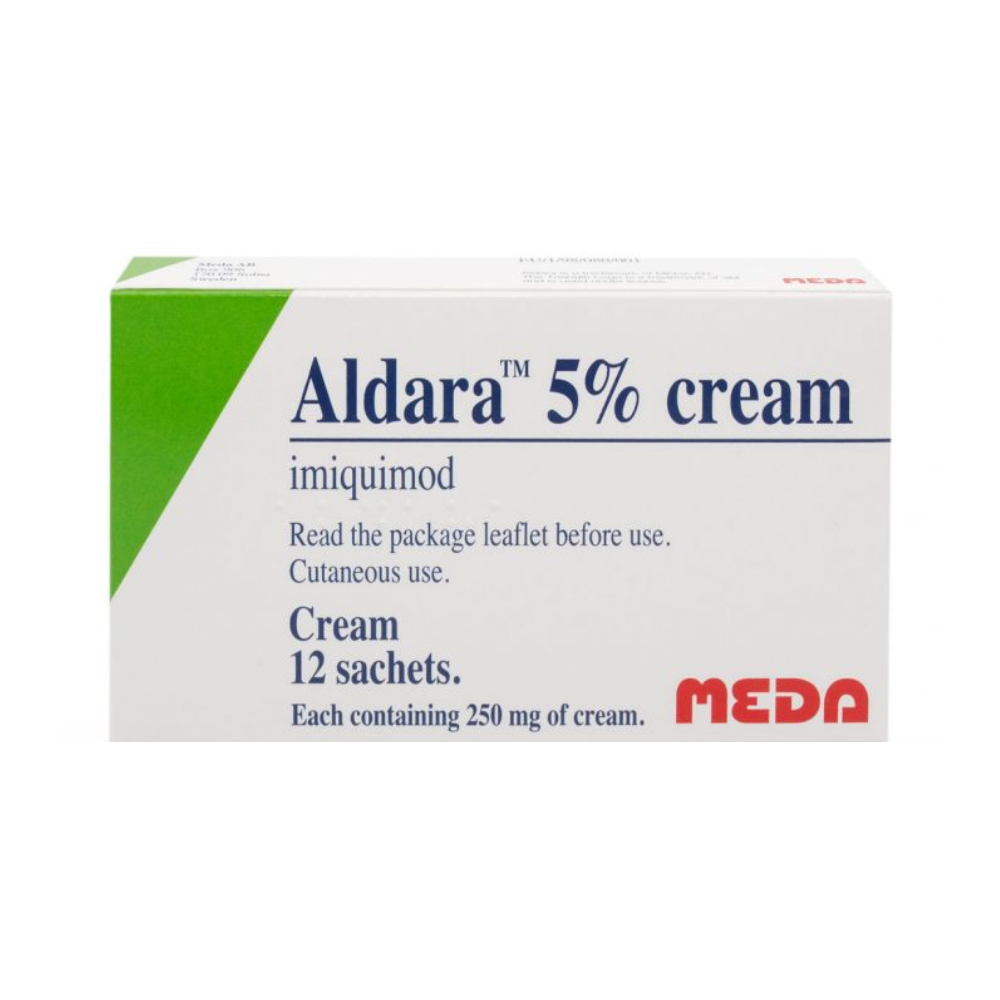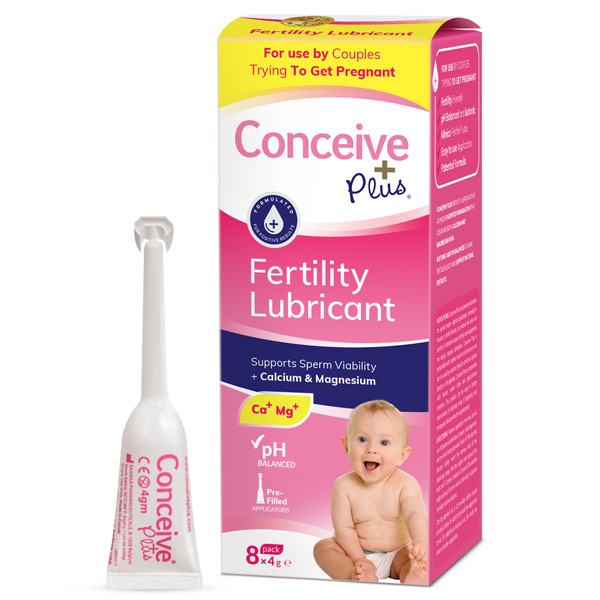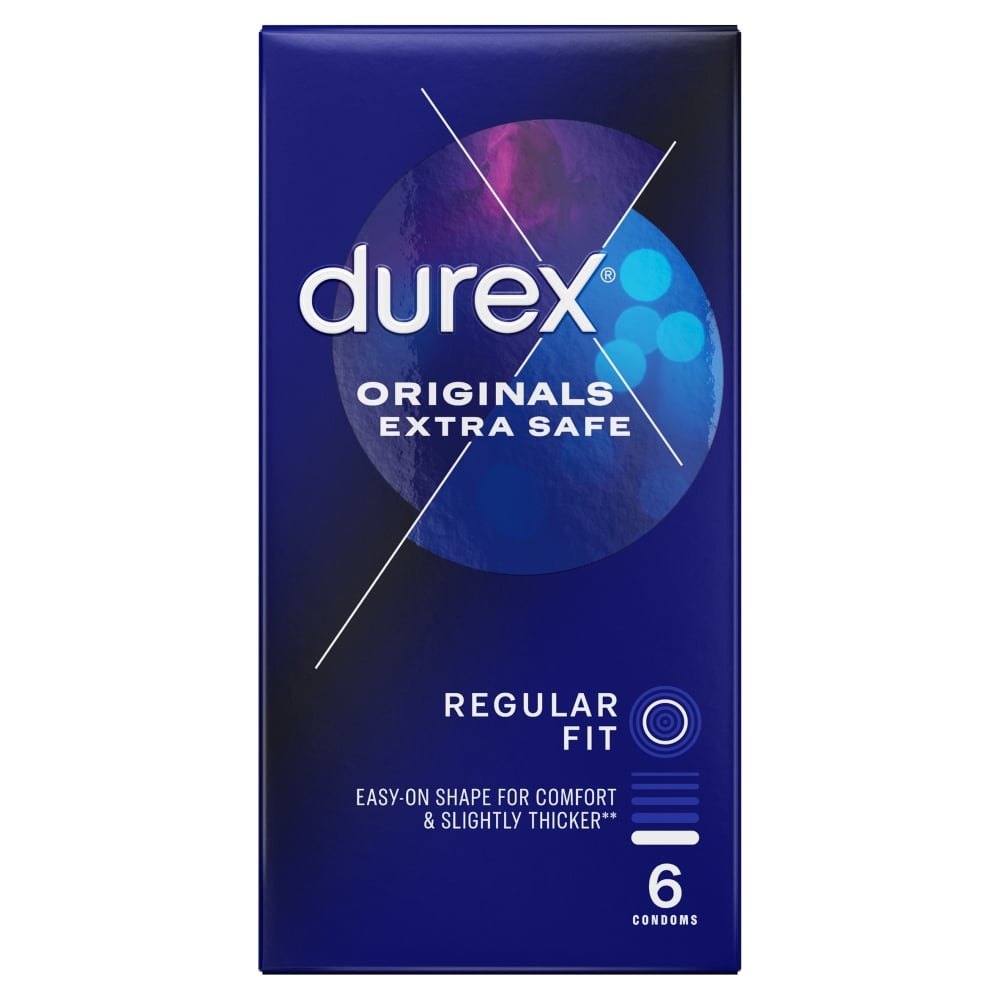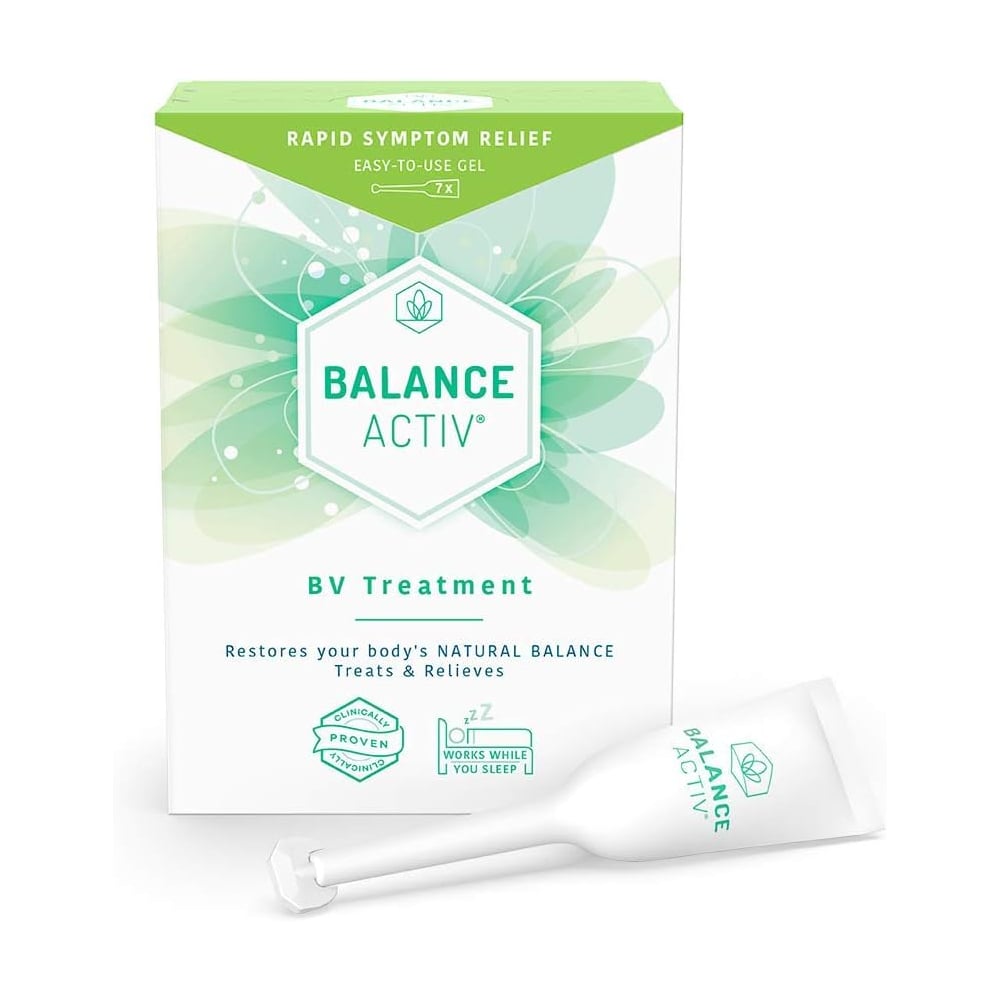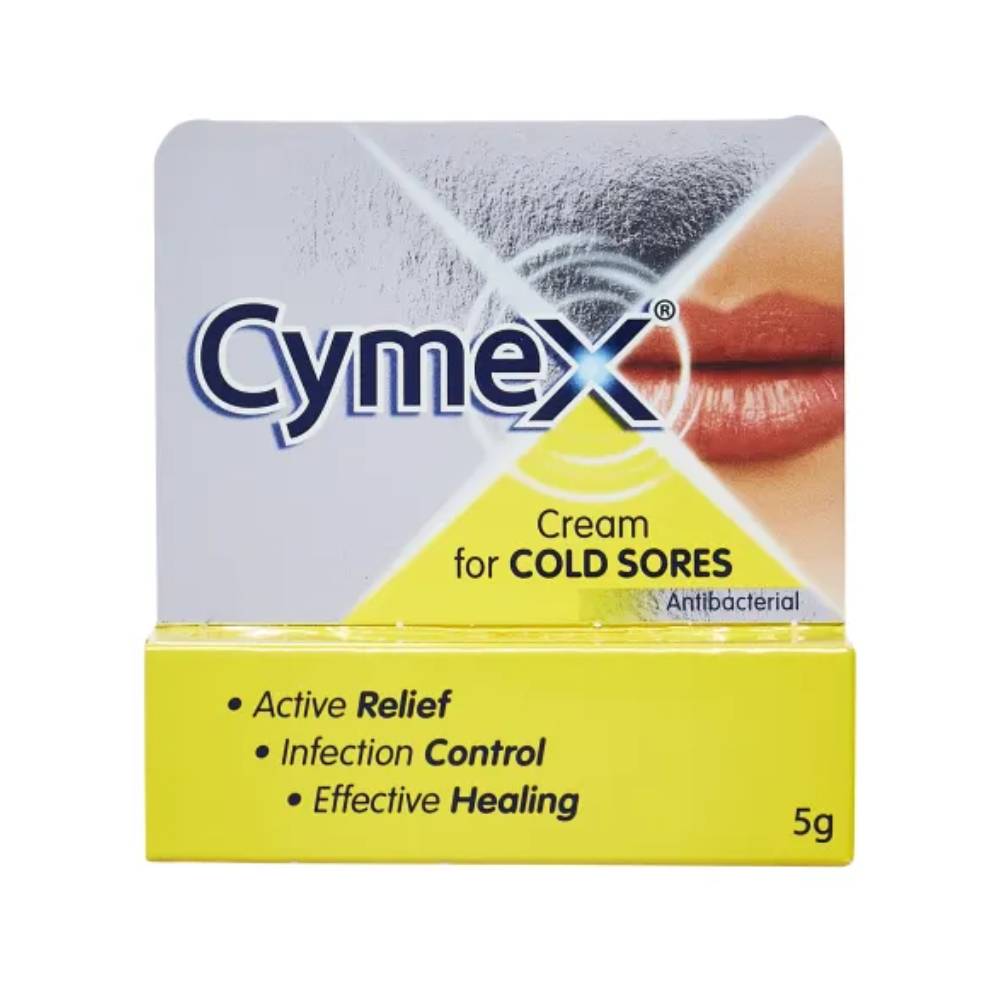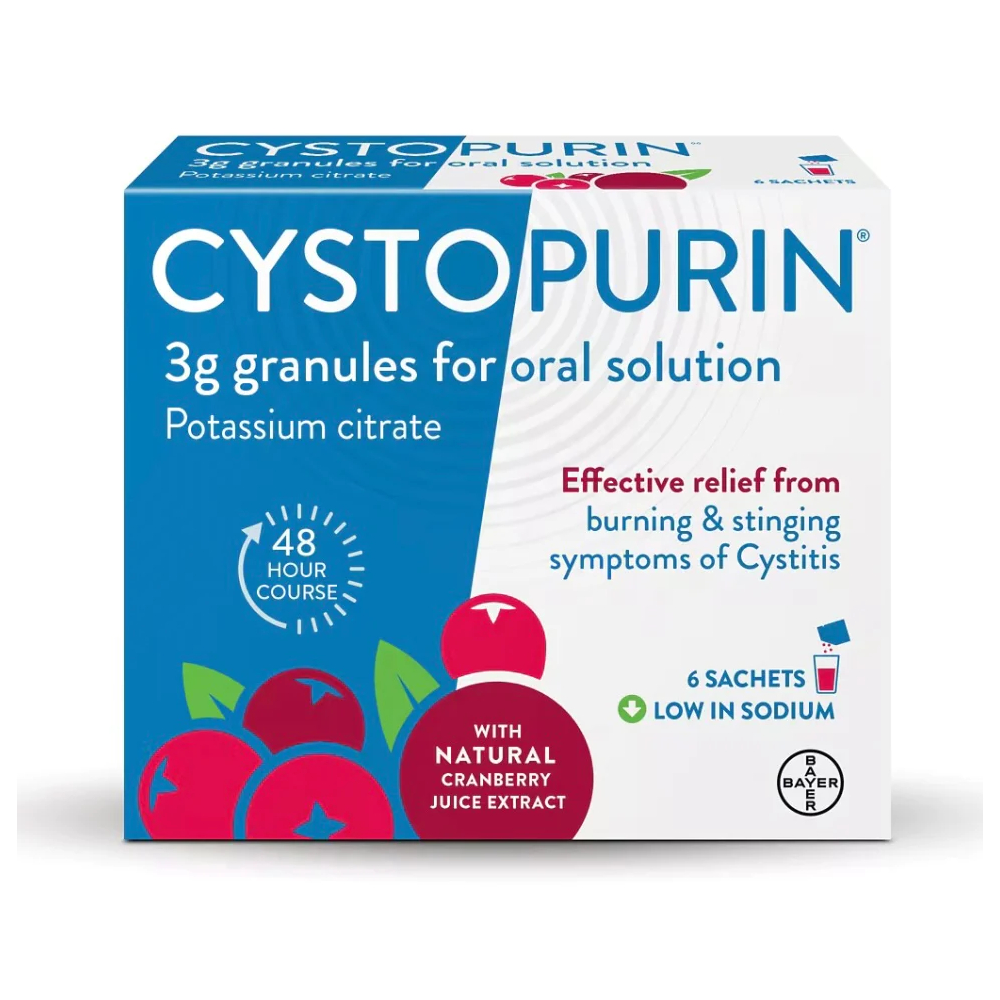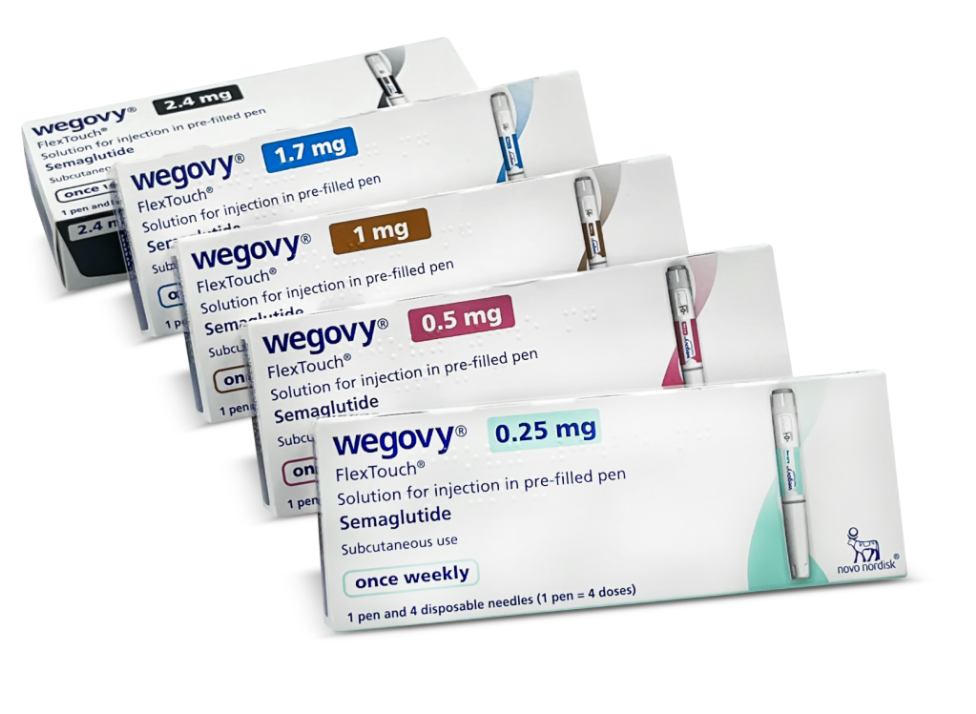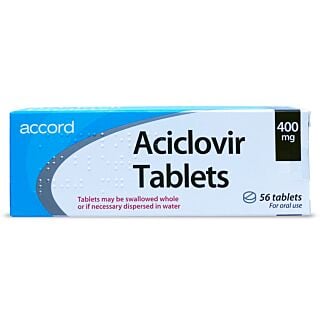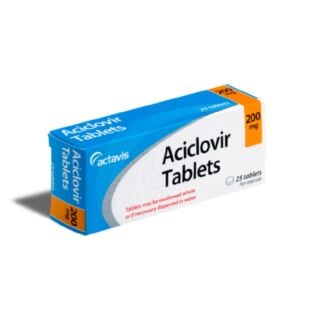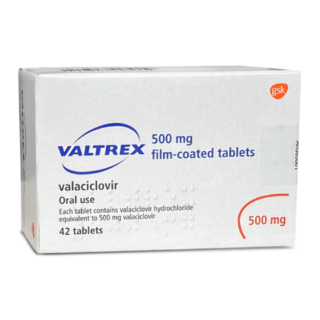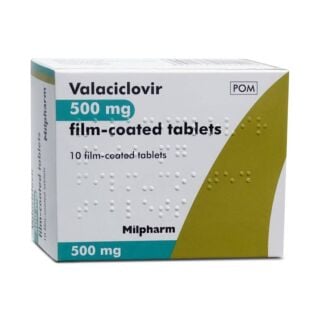Genital Herpes
According to the World Health Organisation, over one in five adults worldwide has a genital herpes infection.1 If this seems like an unexpectedly large number, it’s important to point out that most people infected with the herpes simplex virus (HSV) don’t know they have it, as many don’t develop any symptoms.2 … Read More See less
While it may seem unfair if you do have symptoms, knowing you have the virus means you can take steps to prevent it from spreading. Of course, this doesn’t take away from the impact the virus can have on your relationships and your sex life.3 But it does mean you can reclaim your control over the condition and protect your sexual partner(s).
Let’s find out what genital herpes is, what genital herpes looks like and the recurrent genital herpes symptoms to keep an eye out for.
What is genital herpes?
Genital herpes is a sexually transmitted infection (STI) caused by HSV.2 Herpes on male genitals and female genitals causes you to develop genital herpes sores and blisters around your:2,4,5
- Vulva
- Vagina
- Cervix
- Penis
- Testicles
- Scrotum
- Anus
- Rectum
- Buttocks
- Thighs
- Urethra
- Groin or inner thigh area
There are two types of HSV: HSV-1 and HSV-2.4 HSV-1 causes oral herpes, or cold sores.4 HSV-2 is the most common cause of genital herpes.4 While there are no visible differences between the two types of HSV, genital herpes caused by HSV-2 is much more likely to cause recurrences, sometimes known as outbreaks.2,5
There’s no cure for herpes genital.4 Once the virus is in your body, it’s there to stay.4 However, after your first outbreak, the symptoms clear up and then recur sporadically.2 You’ll usually have the most recurrent outbreaks in the first year after you are infected, but these tend to become less frequent over time.2 Your symptoms during outbreaks don’t usually last as long and aren’t as severe as when you first became infected.2
Outbreaks can be triggered by:5,6
- A weakened immune system (e.g. Due to having chemotherapy)
- Viral or bacterial infections
- Your period (menstruation)
- Stress
- UV light (e.g. From sunbeds)
- Friction in your genital area (e.g. From sex or tight clothing)
- Alcohol
Who is most at risk for genital herpes?
Anyone who is sexually active is at risk of getting genital herpes.4 Your risk may be higher if you:4
- Have sex with multiple partners, as many people with genital herpes don’t know they have the infection
- Don’t tend to use contraception or dental dams when you have sex
- Have a history of other stis
- Have a vagina, because your vaginal tissue is delicate and can tear, enabling the infection to get in
- Are black
Symptoms of genital herpes
Some people with genital herpes may have no symptoms at all or very mild symptoms.2 If you do develop symptoms, they will most likely begin between two and 12 days after you are exposed to the virus.2 Though symptoms may not appear for weeks or even years after being infected.6
The first outbreak of genital herpes in men and women produces similar symptoms. These may include:2,4,6
- Itching, burning and irritation around the genitals
- Painful urination
- Spots, bumps or blisters around the genitals
- Discharge from your vagina or urethra (the tube that carries pee out of your body)
- A fever
- Headaches and body aches
- Swollen lymph nodes
You may have prodromal symptoms (warning signs) a few hours or days before a recurrent outbreak begins. These include:2,7
- Pain in your genitals
- Tingling or shooting pains in your legs, hips or buttocks
The symptoms of a recurrent outbreak include:7
- Painful red blisters
- Ulcers that form when the blisters rupture and ooze or bleed
- Scabs that form as the ulcers heal
How is genital herpes diagnosed?
You can see a GP for genital herpes, but if they agree you may be infected with HSV they will most likely refer you to a sexual health clinic for an assessment.6 If you want to go straight to your local sexual health clinic, many offer walk in appointments.6 They can also provide your results more quickly than your GP and you do not have to pay a prescription fee for your treatment.6
The doctor or nurse at the sexual health clinic will:
- Ask about your symptoms and your sexual partners
- Take a swab of fluid from one of your blisters to test for the HSV virus and identify which type you have use. The swab can also test for syphilis, another STI that causes blisters. However, the test cannot be done if you do not have visible blisters or sores
How is genital herpes spread?
HSV spreads through saliva, semen and genital herpes vaginal secretions.2,4 Importantly, people without symptoms can still spread the virus.2,4
Genital herpes can spread through:2,4
- Vaginal, oral and anal sex
- Touching open sores and then rubbing another area of your body (e.g. Your fingers or eyes), including while breastfeeding
- Childbirth (if you give birth while having an active infection)
You can’t get virus herpes in your genitals from toilet seats and it’s unlikely you’ll get it from sharing towels or clothing.4 However, you can pass on genital herpes by sharing sex toys.4
To avoid spreading genital herpes:2,4,6
- Have one long-term sexual partner or limit your number of partners
- Tell your sexual partners(s) if you have genital herpes so they can get tested
- Use a contraception or dental dam during sexual activity
- Wash your hands often if you are experiencing an outbreak
- Don’t have sex when you or your partner has active sores
- Take medication to control your symptoms
- Wash sex toys before and after using them, and don’t share them
How to treat genital herpes
When you first contract the HSV virus, you may be prescribed:6
- Antiviral medicine – you need to start taking this within five days of the symptoms appearing to prevent them from getting worse
- Cream – to help treat any pain
If you need treatment for an outbreak, you may be prescribed antiviral medicine again to help shorten the outbreak.
Home-remedies for dealing with outbreaks
If you have mild symptoms or infrequent outbreaks, you might not need or want to take medication.4 Instead, you can ease your symptoms by:4,6
- Applying an ice pack wrapped in flannel to your genitals
- Keeping your genitals clean using plain or salt water to prevent blisters becoming infected
- Applying petroleum jelly (such as vaseline) or painkilling cream (such as 5% lidocaine) to reduce pain when you pee
- Keeping your genitals dry, as moist sores take longer to heal
- Wearing cotton underpants
- Avoiding sex while you’re having an outbreak
- Taking nonsteroidal anti-inflammatory drugs (NSAIDs; e.g. ibuprofen) to relieve pain
- Wearing loose-fitting clothing
- Avoiding touching your blisters or sores, unless you’re applying cream
- Washing your hands before and after applying cream
Complications of genital herpes
Genital herpes can lead to complications like:2,4
- Herpetic whitlow – a HSV infection on your finger or in your eye
- HIV – people with open sores from genital herpes are three times more likely to get HIV
- Neonatal HSV – although you can take medication to prevent an outbreak before delivery
Sources
- https://www.who.int/news/item/11-12-2024-over-1-in-5-adults-worldwide-has-a-genital-herpes-infection-who
- https://www.mayoclinic.org/diseases-conditions/genital-herpes/symptoms-causes/syc-20356161
- https://cks.nice.org.uk/topics/herpes-simplex-genital/background-information/complications/
- https://my.clevelandclinic.org/health/diseases/genital-herpes
- https://www.hopkinsmedicine.org/health/conditions-and-diseases/herpes-hsv1-and-hsv2/genital-herpes
- https://www.nhs.uk/conditions/genital-herpes/
- https://www.nhsinform.scot/illnesses-and-conditions/sexual-and-reproductive/genital-herpes/

Free delivery when you spend over £39

100% discreet delivery for every item ordered

Fully regulated UK pharmacy
Are cold sores and herpes the same thing?
Cold sores and herpes are very similar, both forming sores or blisters and causing itching, burning, or tingling in the affected area.
They’re so similar because they’re caused by the same virus, which is called herpes simplex.
The herpes virus doesn’t have a cure, but it’s harmless and if you catch it it will just live in one area of your skin, usually around your mouth or genitals, and make itself known every so often.
Herpes simplex is very contagious when you have sores or blisters, so you’ll have to be very careful not to pass it on to anyone else during a flare-up.
It’s passed on through skin-to-skin contact, such as kissing or during sex, so it’s vital that you take notice when you think you’re about to get herpes sores and take the necessary precautions to keep the virus from spreading to someone else.
What is herpes?
There are several different types of herpes virus, including herpes zoster (shingles) and varicella zoster (chickenpox) - but the most common and recognisable type is the herpes simplex virus, also known as HSV. There are two types of herpes simplex virus:
HSV-1:
This causes oral herpes, leading to cold sores and blisters around the mouth or face. HSV-1 can be contracted by interactions such as kissing, sharing a lip balm, or eating from the same utensils as someone who has HSV-1.
HSV-2:
This is contracted through sexual contact with someone who has HSV-2, causing genital herpes. Unlike HSV-1, which can be contracted from a person without any symptoms, HSV-2 usually spreads through direct contact with a herpes sore.
There’s currently no cure for herpes simplex - once you’ve become infected, the virus remains in your body and sores may come and go throughout your life. Fortunately, sores can go away by themselves or with simple treatments like aciclovir.

